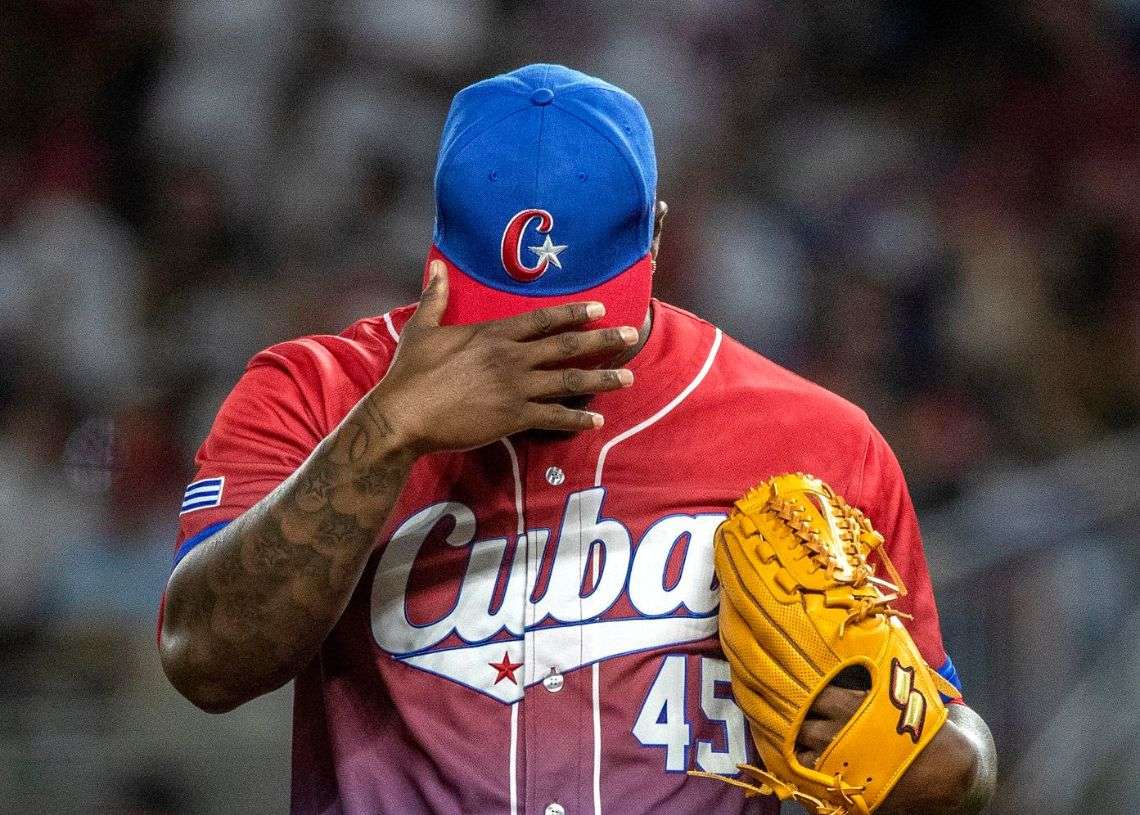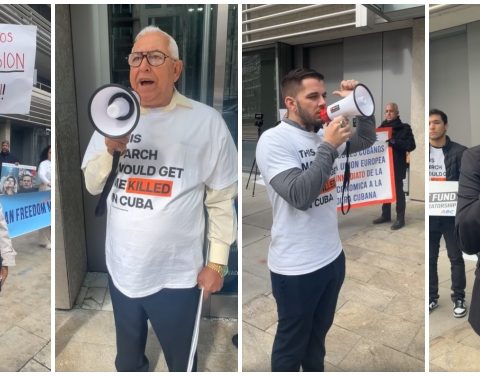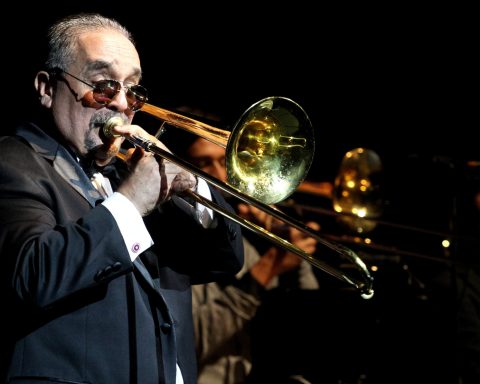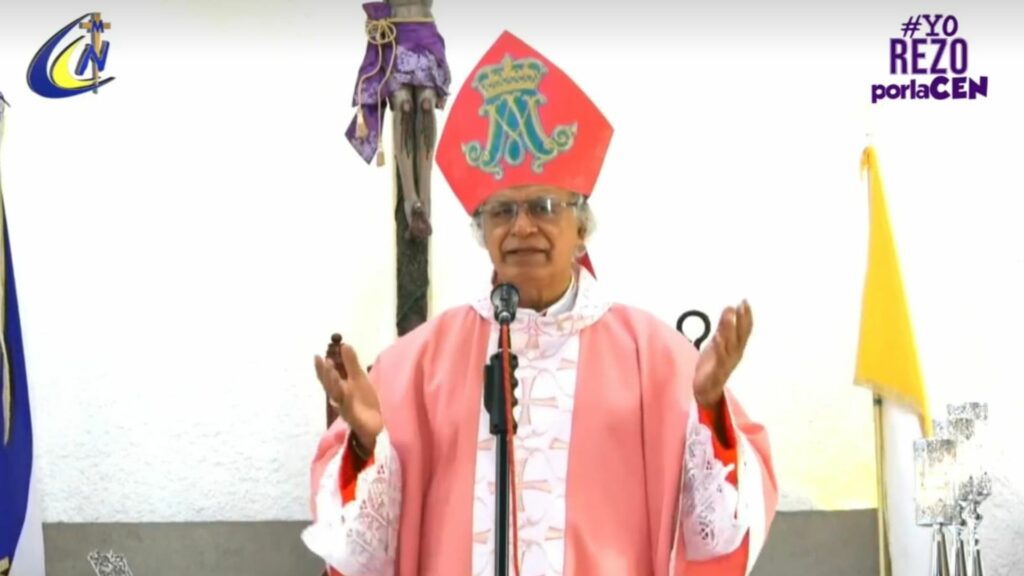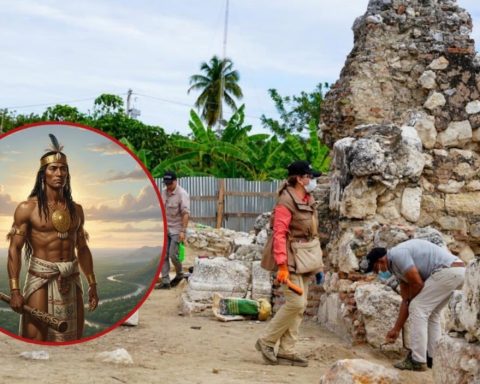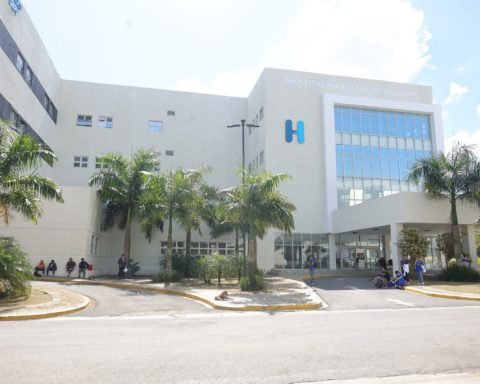Once again among the big four, Cuba ended its history in the fifth edition of the World Baseball Classic. After the comebacks and the exciting staging during the first two rounds in Asia, the Antillean dream of advancing to a second final —after that of 2006— faded in Miami, where the United States imposed respect with hits.
In their first five games of the Classic, the Cuban pitchers had faced only one world-class player, Aruban Xander Bogaerts; but now they had to collide with a lineup full of All Stars, Silver Sluggers, batting champions and leaders in home runs and whatever offensive department there is. Getting around that wasn’t a game thing, and he showed it.
None of the 7 Cuban shooters who paraded down the LoanDepot Park mound could hold out, to the point that the Americans made runs in each chapter from the first to the sixth, until they achieved an insurmountable advantage (14-2). The game was a batting practice (14 hits, 8 extra-base hits, 4 home runs and 9 runners on base for walks and pitches), in which Paul Goldschmidt and Trea Turner had a mini home run duel and drove in 8 runs between the two.
The starter, National League Most Valuable Player in 2022, put the Northerners ahead in the same opening episode with a two-run bombing. At 112 miles, the shot that flew up to 407 feet through the left forest was shot and decreed the start of the party —or the funeral, depending on how you want to look at it.
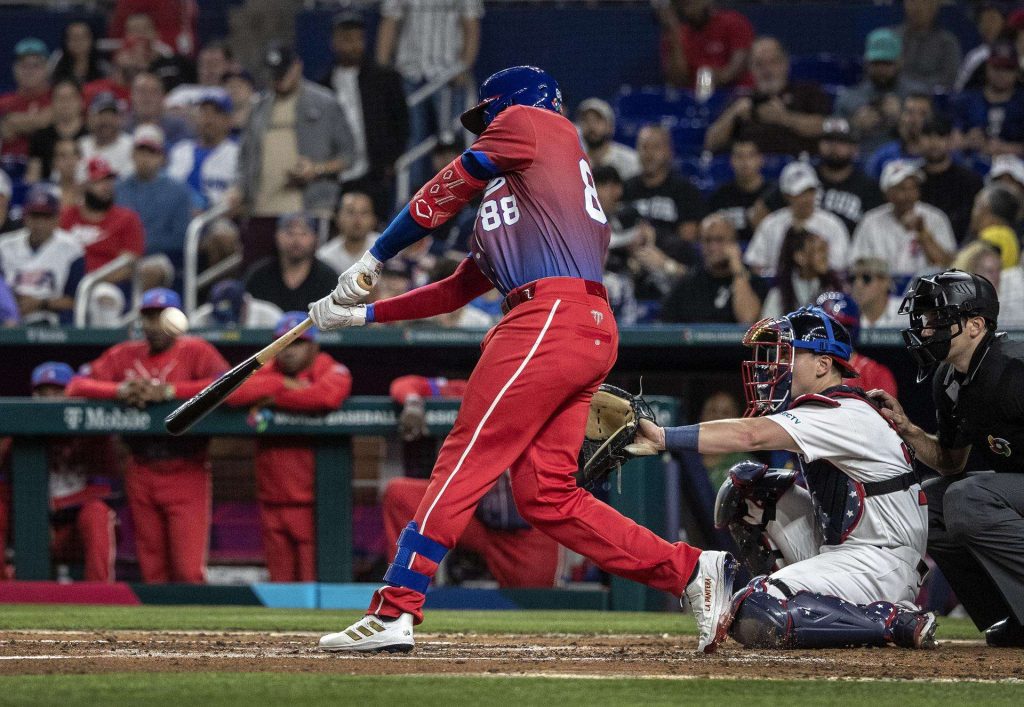
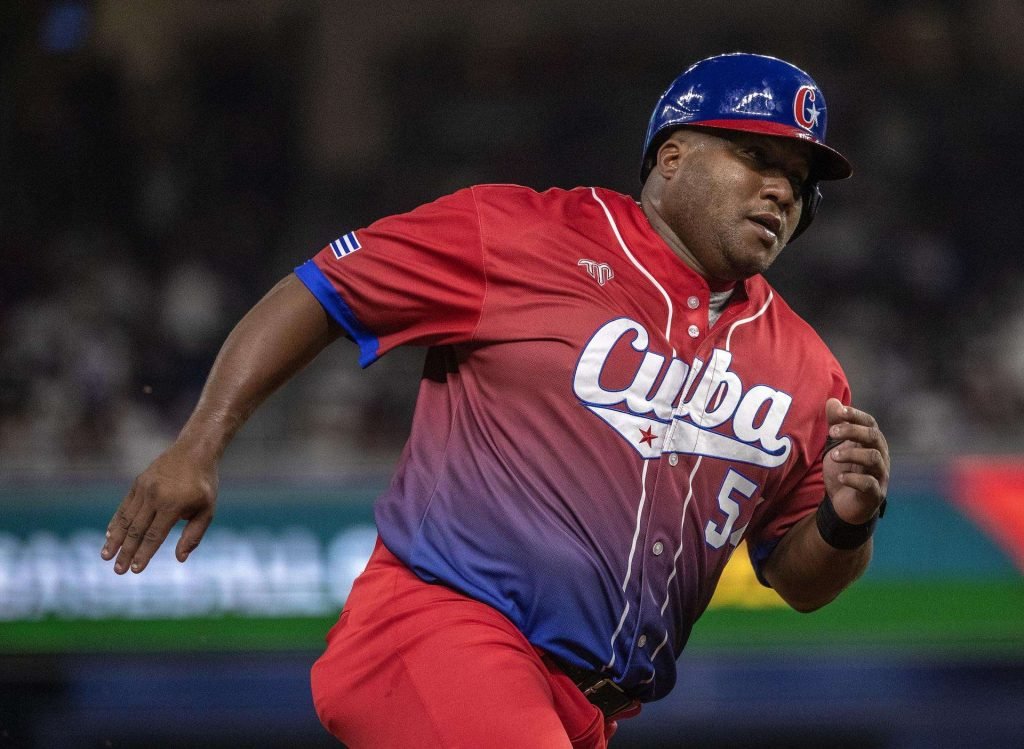
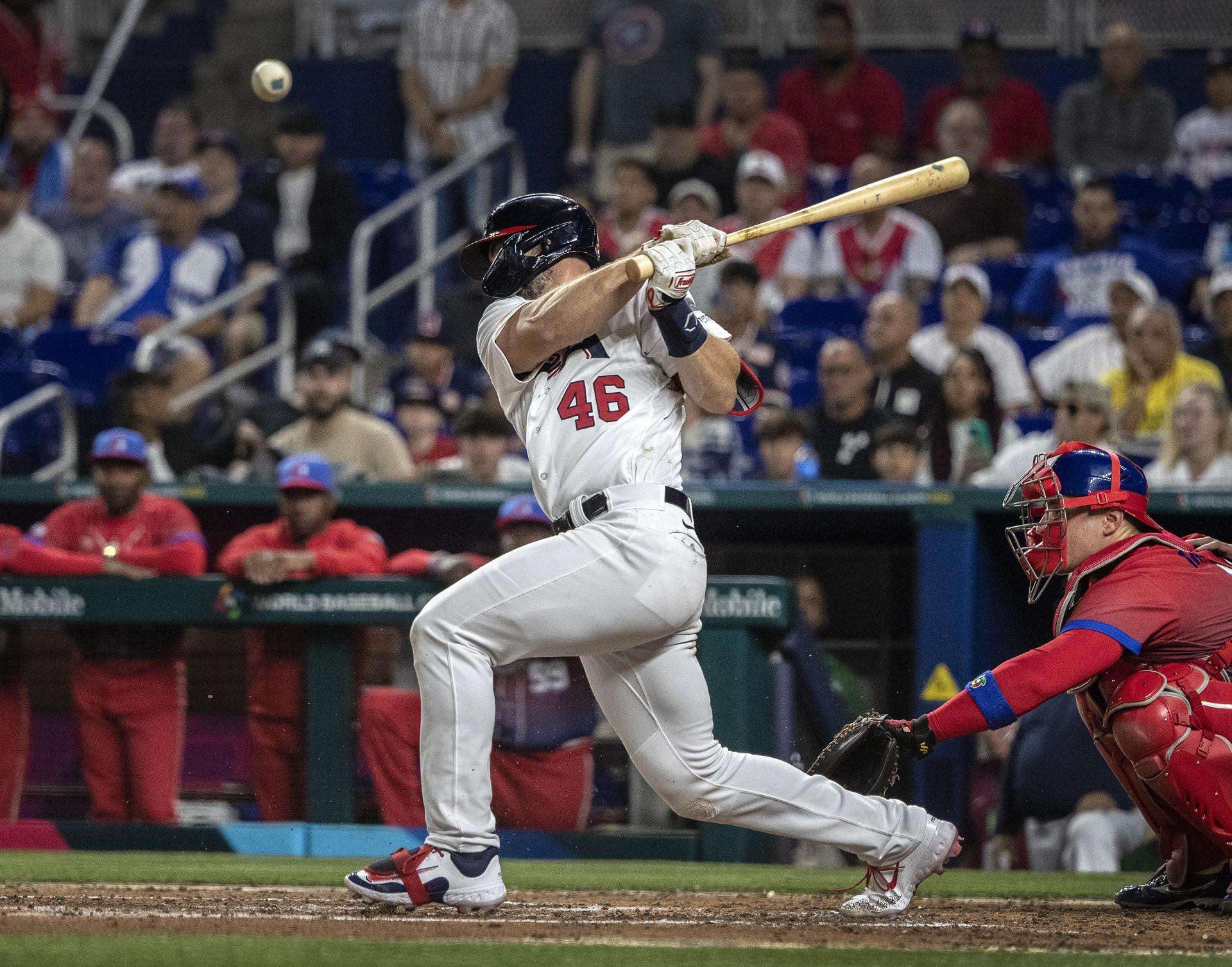
Turner, who had decided the quarterfinals against Venezuela with a grand slamdid not want to be left behind in the competition and hit the wall on a couple of occasions to reach 4 home runs in the Classic, the fourth player to achieve that mark in the history of the event after the Korean Seung Yuop Lee (5 in 2006), Adrián Beltré (4 in 2006) and Wladimir Balentien (4 in 2017).
After six episodes, the score is 13-2, but the agony could not be shortened, because the knockout is not in force in the semifinal and final. mercy rule (rule of mercy), which would have been a blessing for Cubans.
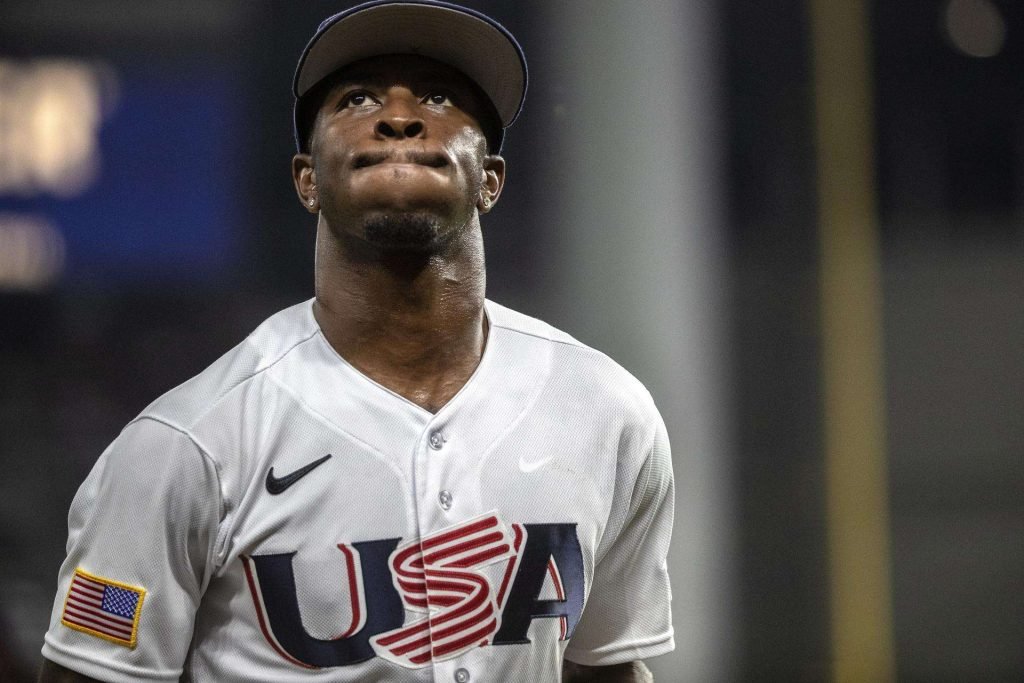
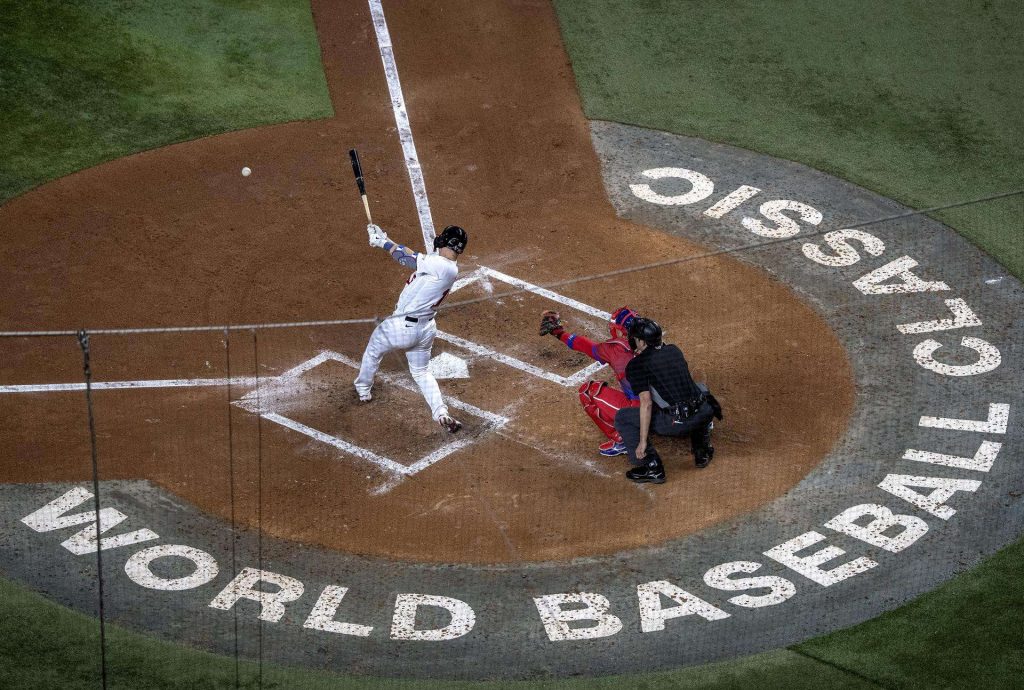
Off the mound, the United States pitchers didn’t give up many liberties either. Veteran Adam Wainwright allowed one run in the first inning without getting the ball out of the box, but then trapped the West Indians in a hellish web. With a varied arsenal and pitches that did not exceed 88 miles, the St. Louis Cardinals ace retired four innings, while his team opened the scoring.
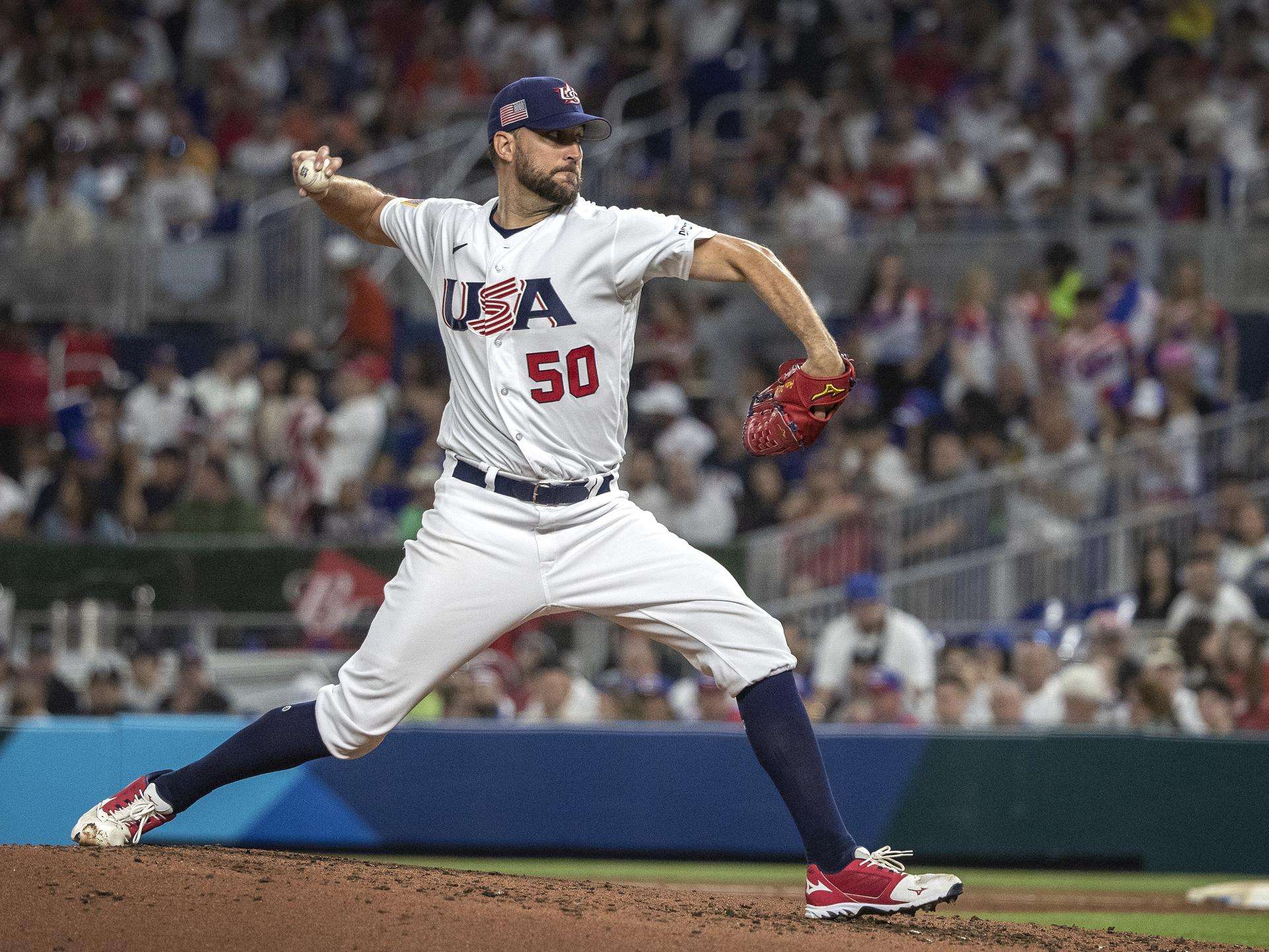
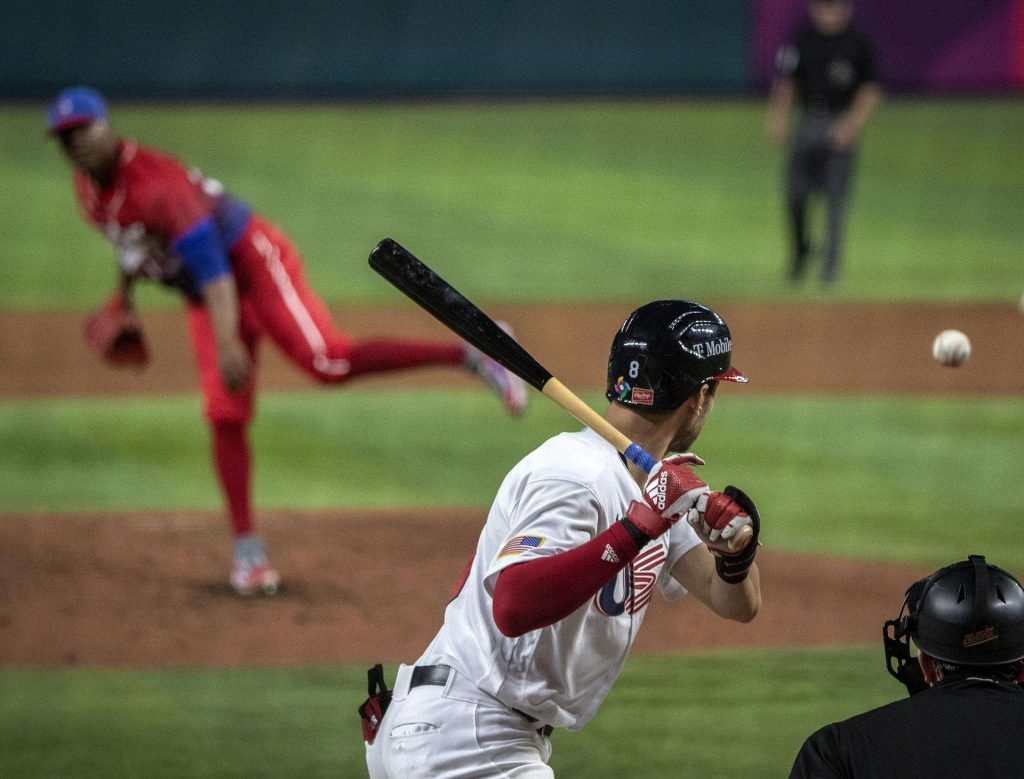
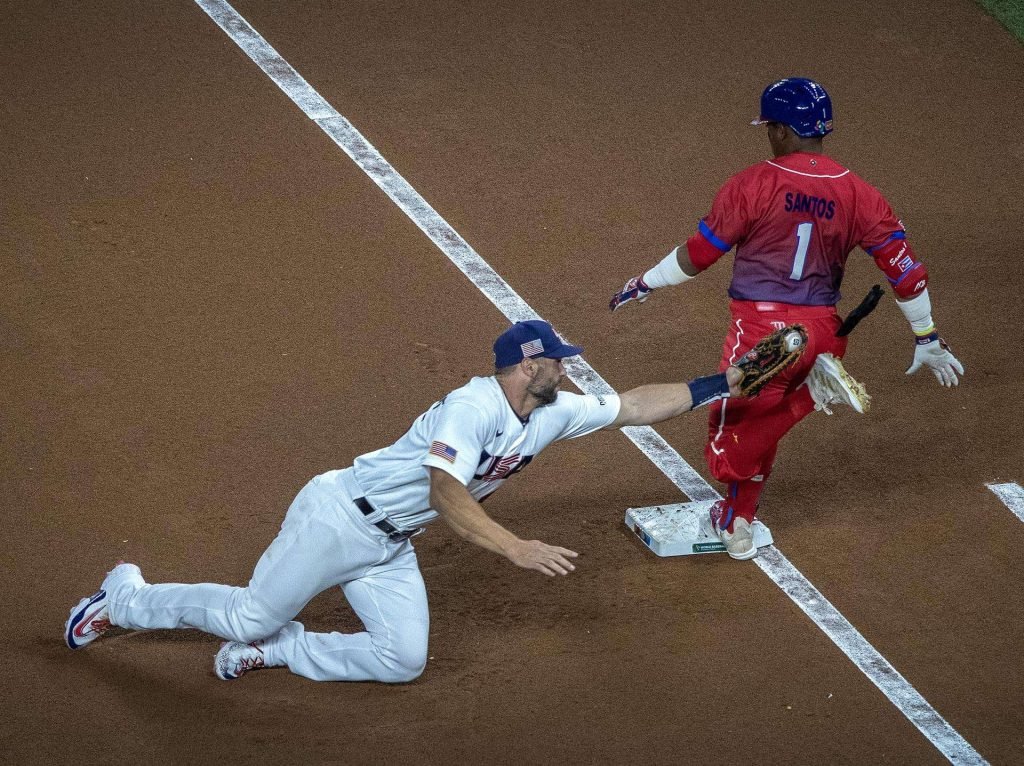
Then came relievers Miles Mikolas and Aaron Loup, but it could have been anyone. The die was cast and Cuba buried in the LoanDepot Park, where several fans took to the field with posters against the Cuban Government and demanding the release of political prisoners on the island. In addition, over and over again chants of “freedom”, “long live Cuba libre” or “patria y vida” crossed the metallic structure of the Marlins fiefdom.
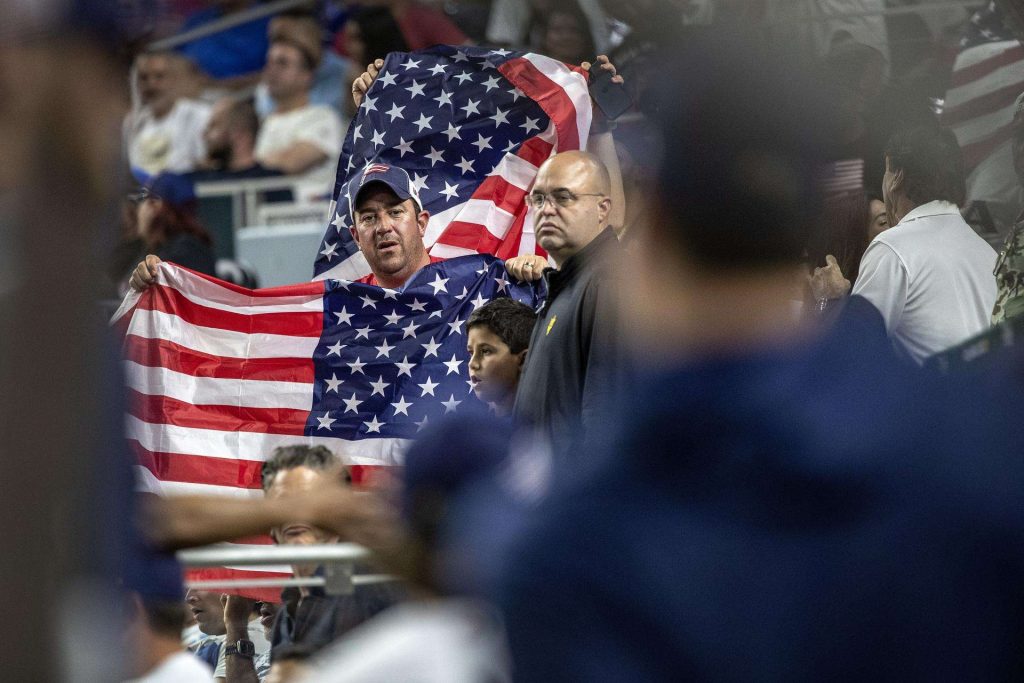
This is how the Clásico closes for Cuba, perhaps in the cruelest way; although I like the idea that this is not an end point, but a starting point. After summoning professionals residing outside the country and hired by Major League organizations, the island’s authorities should not lose momentum and move on to the next level of management in view of upcoming top-flight international commitments.
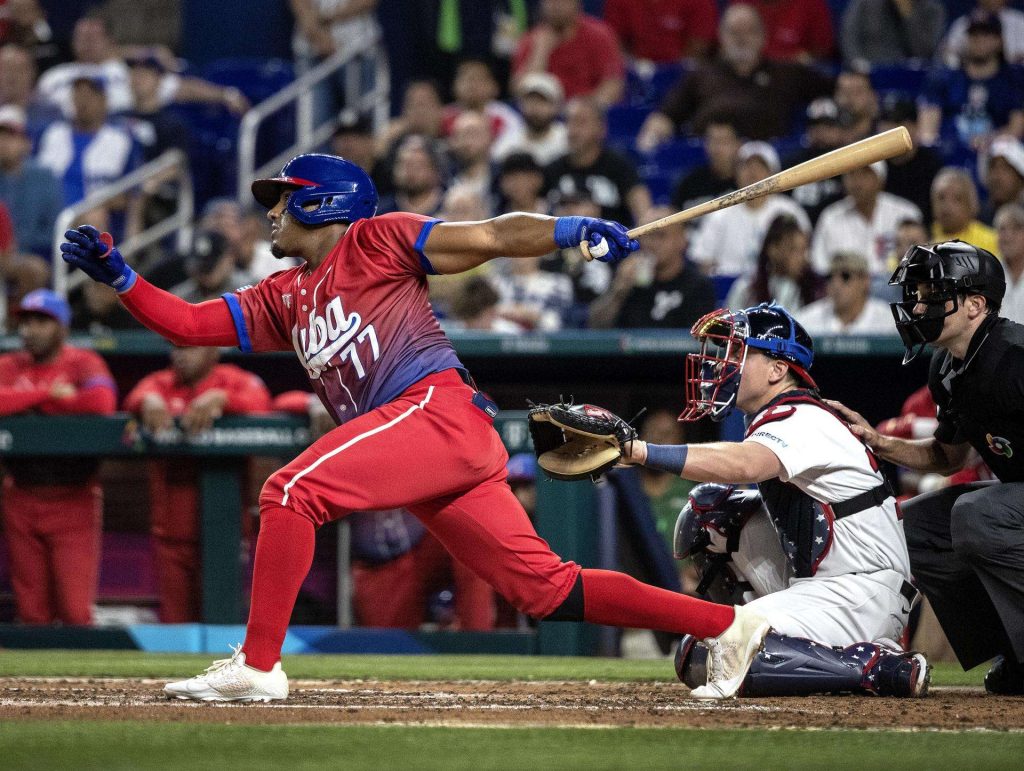
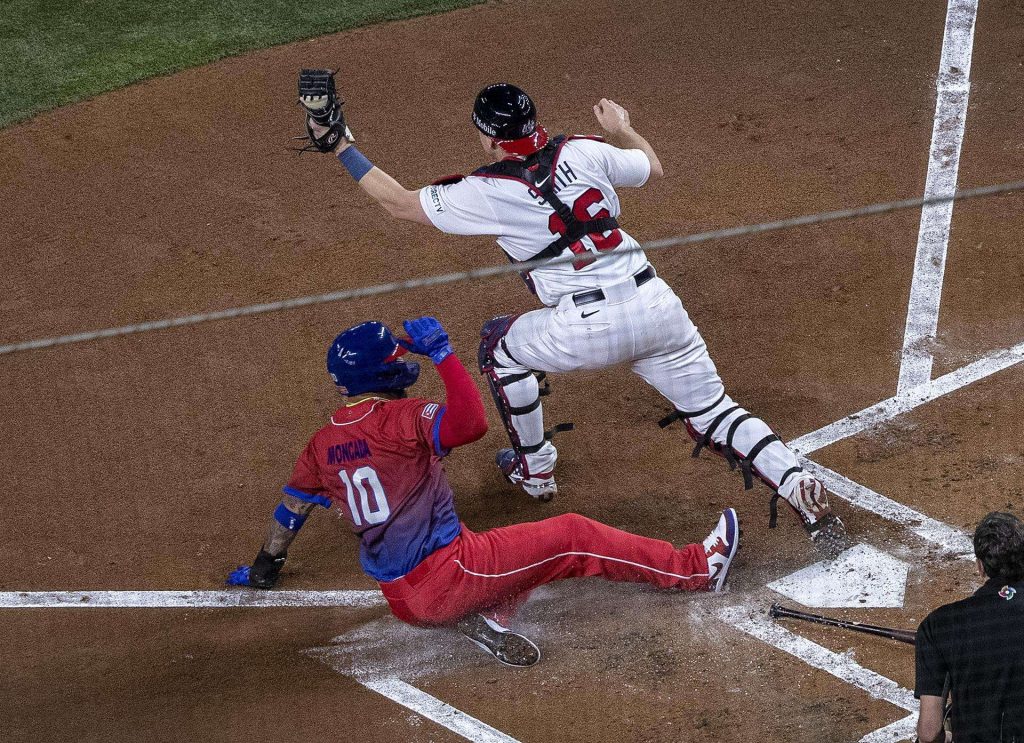
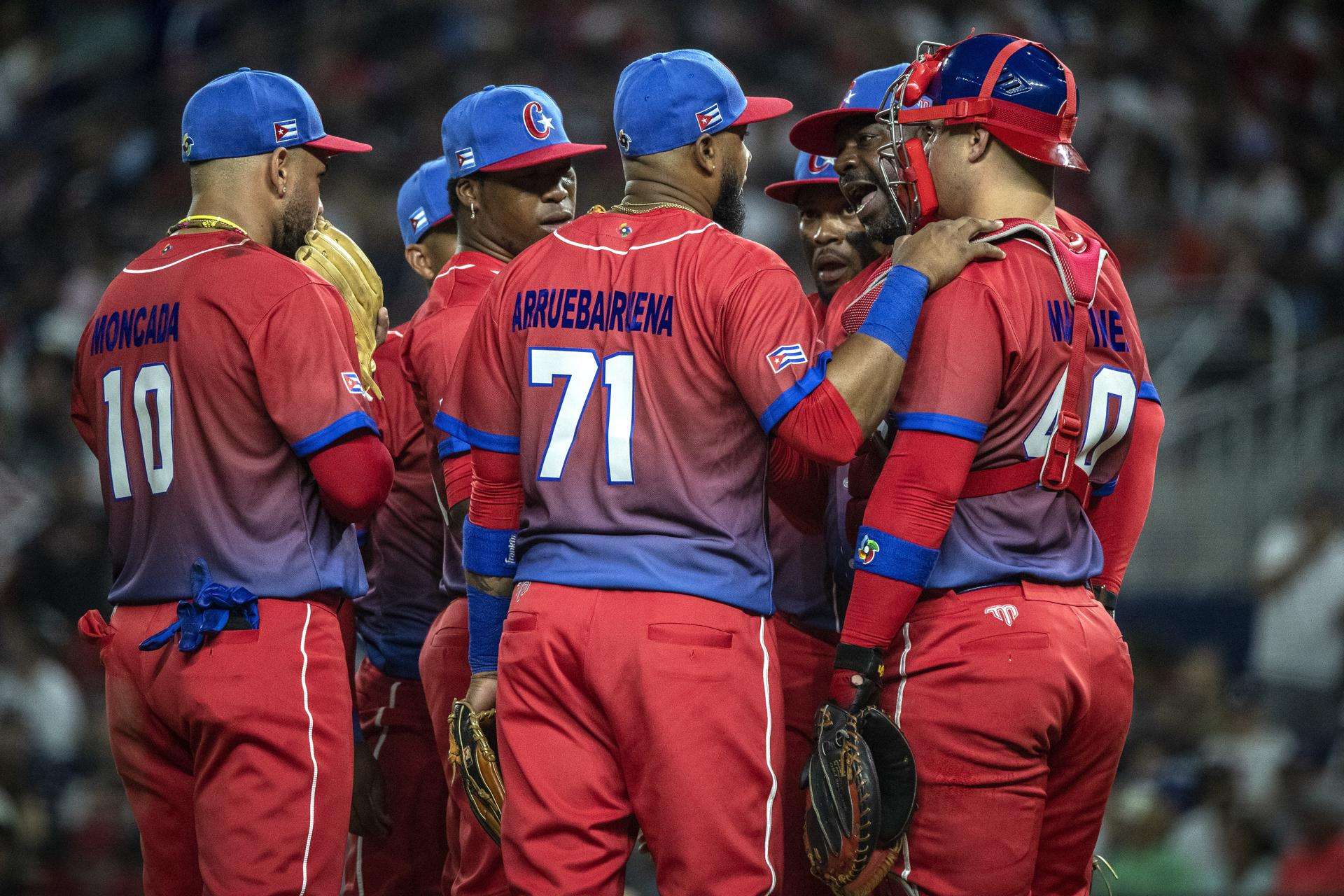
Get closer and closer to his extensive baseball diaspora (say players or coaches), take into account those players who have left delegations after fulfilling their sports commitments and those who have served the questionable eight-year sentence without returning to the country for having left the team in international events, are necessary and not unreasonable steps to deepen a formula that gave results.
The mix of professionals with players from domestic championships, which demand an economic injection and a change in management models, must continue, always on the basis of respect in the relationships that mediate the process. It was shown that, although there are barriers, it is not impossible.
Follow the special coverage of OnCuba:
